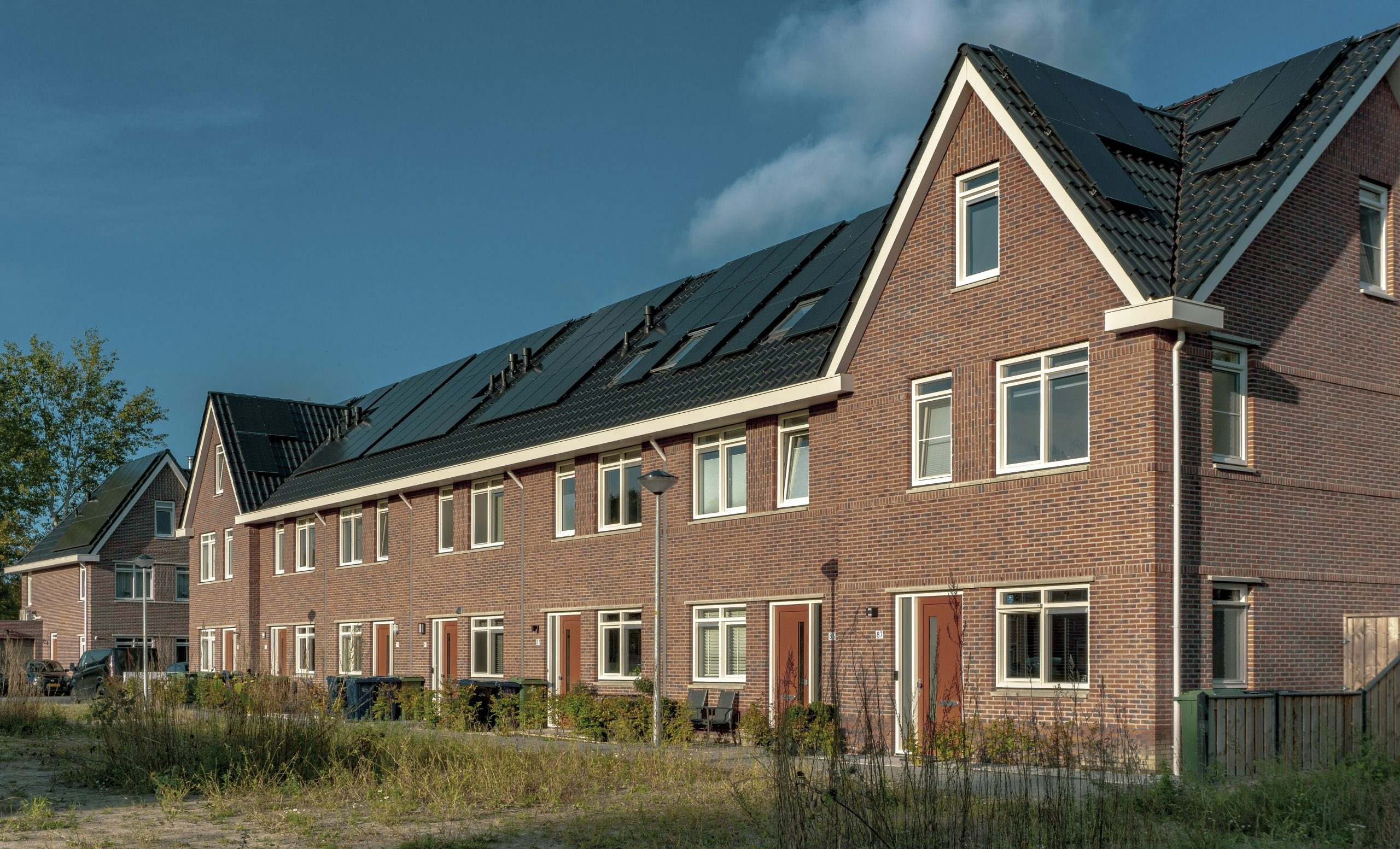Solar Panels: Investment or Homeowner Hassle?
Solar panels have become a popular topic in recent years. With the growing concern about climate change and the increasing demand for renewable energy sources, many homeowners are considering solar panels as an alternative to traditional energy sources. However, with any major decision, the question of whether or not it is a worthy investment or just another hassle for homeowners arises. In this article, we will explore the pros and cons of solar panels and help you decide if they are a smart investment or just a headache for homeowners.
The Pros of Solar Panels
1. Save Money on Energy Bills
The most appealing aspect of solar panels for homeowners is the potential cost savings. By converting energy from the sun into electricity, solar panels can significantly decrease your monthly energy bill. In fact, according to EnergySage, the average homeowner can save up to $23,000 over 20 years by switching to solar panels.
2. Increase Property Value
In addition to immediate cost savings, solar panels can also increase the value of your property. According to a study by the U.S. Department of Energy’s Lawrence Berkeley National Laboratory, homes with solar panels installed sell for an average of $15,000 more than homes without, making it a potentially profitable investment in the long run. Additionally, installing solar panels may make your home more attractive to potential buyers, as they are becoming increasingly popular in real estate.
3. Reduce Carbon Footprint
Solar panels are a sustainable energy source that can significantly reduce your carbon footprint. By producing clean and renewable energy, solar panels help combat climate change and reduce the demand for fossil fuels. This not only benefits your wallet but also the environment.
The Cons of Solar Panels
1. High Upfront Cost
The main drawback of solar panels is the initial cost. The average cost of a solar panel system can range from $15,000 to $25,000, depending on the size of your home and energy needs. While there are financing options and tax incentives available, it is still a significant investment for many homeowners.
2. Weather Dependence
Solar panels rely on sunlight to generate electricity, which means they are weather dependent. This can be a concern in areas with frequent clouds or long winters. However, advancements in technology have made solar panels more efficient, and many systems now include battery storage to store excess energy for cloudy days.
3. Maintenance and Repairs
Solar panels require regular maintenance to ensure they are functioning at their highest efficiency. This may include cleaning, inspecting for any damage, and replacing parts as needed. While most panels come with a warranty, any repairs outside of that may come with an additional cost to the homeowner.
The Bottom Line
So, are solar panels a smart investment or a homeowner hassle? The answer can vary depending on individual circumstances and priorities. However, in most cases, the pros of solar panels outweigh the cons. Not only can it save you money on your energy bills, but it also benefits the environment and can increase the value of your property. With advancements in technology and potential for cost savings, solar panels are becoming a more attractive and viable option for homeowners.
Ultimately, if you have the means to make the initial investment and are committed to long-term financial and environmental benefits, solar panels may be the right choice for you. However, it is important to carefully research and consider all factors before making a decision. Consult with a professional and get multiple quotes from reputable solar panel companies to find the best option for your home and needs.
So, don’t let the initial cost deter you. With the potential for cost savings, increased property value, and a more sustainable future, solar panels are an investment that may bring benefits for years to come.










